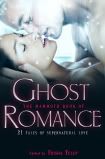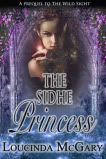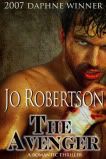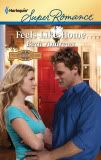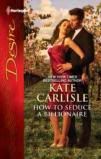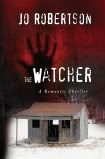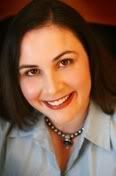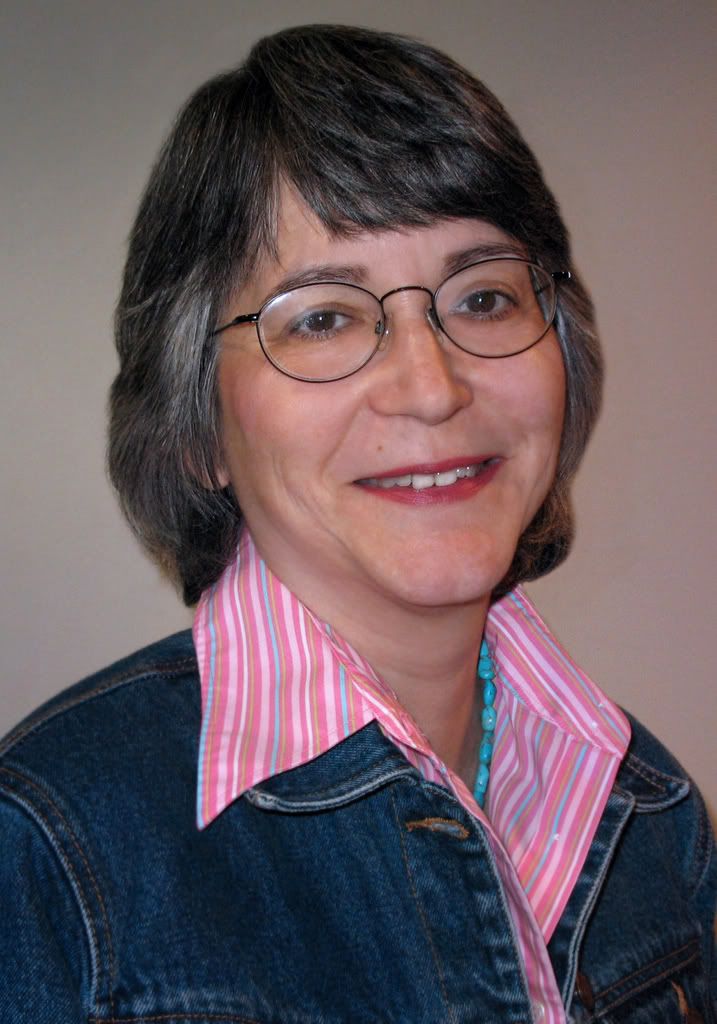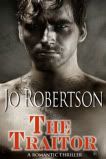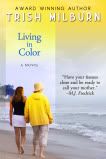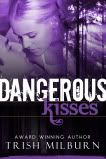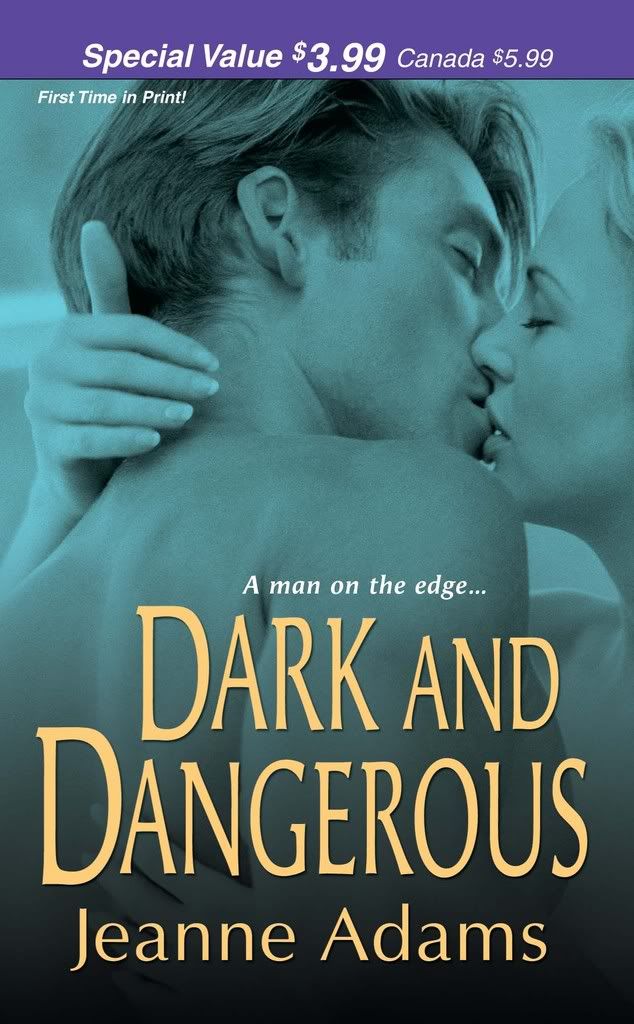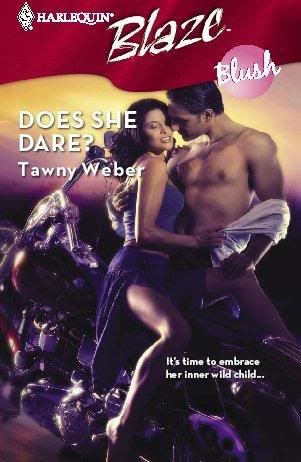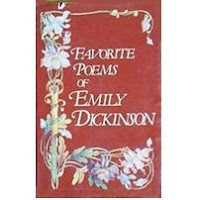
by Jo Robertson
Imagine that you had ambition beyond the usual scope o
 f women in your time and social class.
f women in your time and social class.Imagine that characters and settings burgeoned inside your mind like legendary epics.
 which fascinates and stymies analysts even today. She was a very private woman and poet whose prolific body of work didn’t come to light until after her death (see Amhearst, her home, at right).
which fascinates and stymies analysts even today. She was a very private woman and poet whose prolific body of work didn’t come to light until after her death (see Amhearst, her home, at right).They shut me up in Prose –
As when a little Girl
They put me in the Closet –
Because they liked me “still” –

Still! Could themself have peeped –
And seen my Brain – go round –
They might as wise have lodged a Bird
For Treason – in the Pound –
--Emily Dickinson, 1862
I love the idea expressed in this poem -- the idea that the mind inside her head was vivid and active, maybe even crazy, even though outwardly she'd been "shut up" or "closeted." As you can see, Emily's lines and grammar, her punctuation and syntax defy convention, but the core of her message resonates with modern readers.
Many of her poems deal with the subjects of death and immortality. Although somewhat of a recluse, she was a prolific letter writer. Much of what we know about her personal life and feelings comes from her varied correspondence. And even though she died in 1886, we classify her with the Twentieth Century poets.

Jane Austen is more familiar to readers and writers of romance and no less astonishing a writer. Although she was as prolific a letter writer as Emily, most of Jane’s correspondence is no longer extant and personal, private confirmation of her life is scarce.
Less a recluse than Emily, Jane’s social and family life was broader, and she moved about in society to a more comfortable degree (see Chawtoc, where she spent her last eight years, below).
 to Thomas Lefroy, but no real evidence exists that there was more than a youthful attachment on his part, and both likely realized that their economic and social standings prevented anything further.
to Thomas Lefroy, but no real evidence exists that there was more than a youthful attachment on his part, and both likely realized that their economic and social standings prevented anything further.Nonetheless, Jane wrote to her sister Cassandra in 1796:
“At length the day is come on which I am to flirt my last with Tom Lefroy, and when you receive this it will be over. My tears flow as I write at the melancholy idea.”
Many scholars believe their relationship inspired her Mr. Darcy in Pride and Prejudice.

These were arguably two of the most influential and significant writers of their centuries and yet . . .
· neither ever married
· neither ever voted or held public office
· neither had children
· neither became as famous in her lifetime as after her death
· neither was accorded the respect and accolades that her brilliance should have dictated during her life
· both are seriously studied in literature classes throughout the world
· both had undeniably rich inner lives
· both died relatively young (Emily at age 56, Jane at age 42, nearly a century earlier)
Below are two quotes from Becoming Jane, a recent film about Jane Austen’s life:
“Wit is the most treacherous talent of them all.”































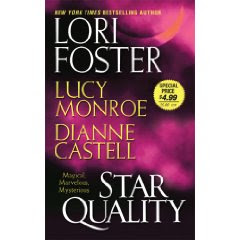






 It’s my hope that in reading how Simeon and Isidore fall in love, even in the midst of terrible problems with water closets (toilets), siblings, a rather horrific mother-in-law and a house renovation, will help you survive your December.
It’s my hope that in reading how Simeon and Isidore fall in love, even in the midst of terrible problems with water closets (toilets), siblings, a rather horrific mother-in-law and a house renovation, will help you survive your December.
